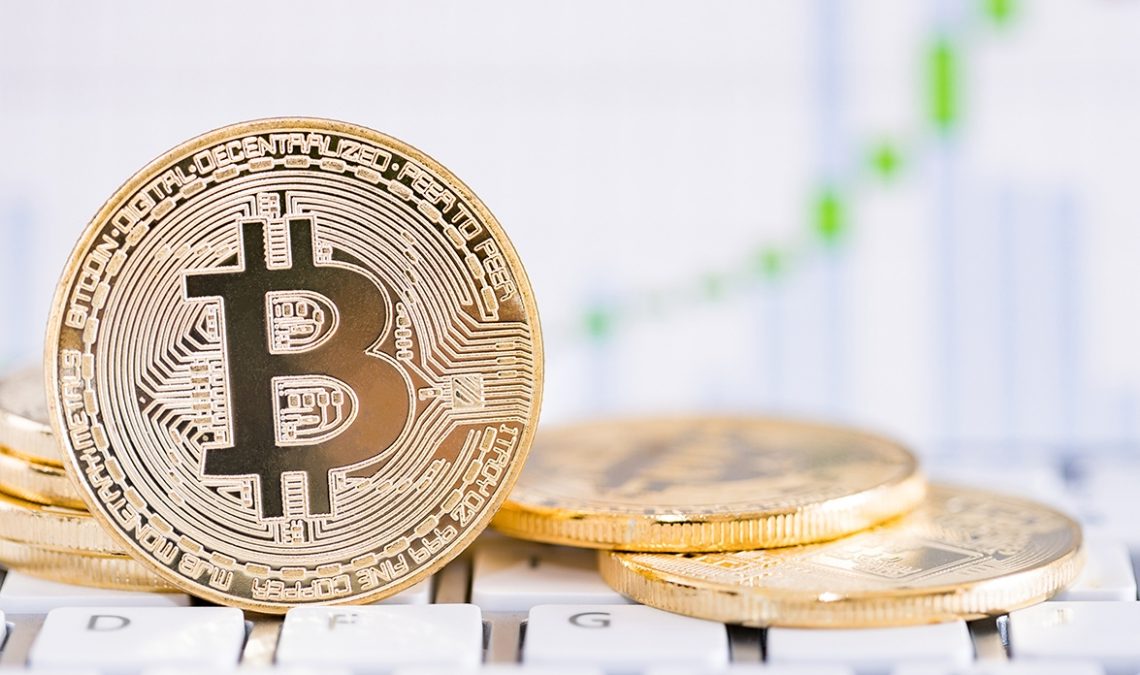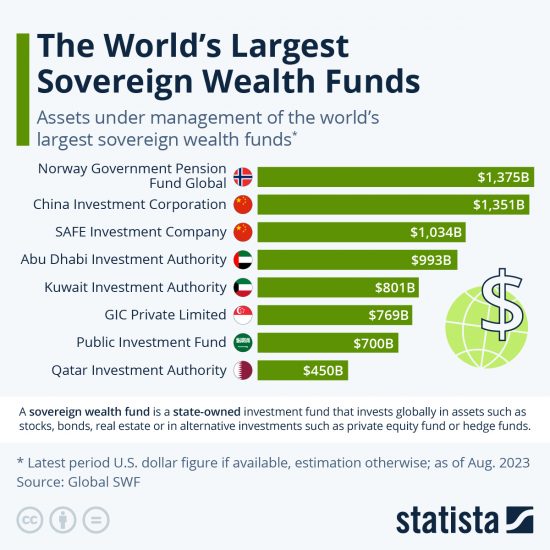Lithuania, a haven for fintech startups in recent years, is poised to implement a stricter regulatory framework for cryptocurrency companies operating within its borders. This move, expected to culminate in the issuance of full licenses by June 2025, is likely to significantly reduce the number of crypto firms in the country.
While Lithuania currently boasts over 580 registered crypto entities, industry insiders anticipate that only a select few will qualify under the more rigorous licensing regime. This shift in regulatory stance reflects a growing concern among Lithuanian authorities about potential money laundering and terrorist financing risks associated with the crypto sector, particularly in the wake of heightened geopolitical tensions.
The specifics of the new licensing requirements haven’t been officially unveiled yet. However, informed sources suggest that the regulations will likely mandate stricter Anti-Money Laundering (AML) and Counter-Terrorist Financing (CTF) protocols for crypto businesses. This could encompass enhanced customer identification procedures, increased capital adequacy requirements, and more robust reporting obligations.
The impending licensing overhaul has sent ripples of uncertainty through Lithuania’s crypto industry. While some companies welcome the move, viewing it as a necessary step towards legitimizing the sector and fostering consumer trust, others are apprehensive about the potential compliance burdens and costs associated with obtaining a license.
The prospect of a significant shakeout within the Lithuanian crypto landscape raises questions about the long-term impact on the country’s fintech ambitions. Lithuania has actively positioned itself as a hub for innovation in financial services, and the crypto sector was a key component of this strategy. The stricter regulatory environment could potentially deter new entrants and stifle the growth of the domestic crypto ecosystem.
However, proponents of the new regulations argue that a more stringent licensing regime will ultimately benefit the industry. By weeding out less reputable players and establishing a framework for responsible crypto business practices, Lithuania can solidify its position as a credible and reliable jurisdiction for legitimate crypto firms. This, in turn, could attract high-quality international players and foster sustainable long-term growth for the sector.
The coming months will be crucial for Lithuania’s crypto industry. As the details of the new licensing regime are unveiled, companies will need to carefully assess their compliance readiness and develop strategies to navigate the stricter regulatory landscape. The success of Lithuania’s approach will hinge on striking a balance between safeguarding the financial system and fostering a dynamic environment that allows the crypto sector to flourish.
____________________________________
This article first appeared on The WIRE and is brought to you by Hyphen Digital Network
(The content powered by our AI models is produced through sophisticated algorithms, and while we strive for accuracy, it may occasionally contain a few minor issues. We appreciate your understanding that AI-generated content is an evolving technology, and we encourage users to provide feedback if any discrepancies are identified. As this feature is currently in beta testing, your insights play a crucial role in enhancing the overall quality and reliability of our service. We thank you for your collaboration and understanding as we work towards delivering an increasingly refined and accurate user experience.)







